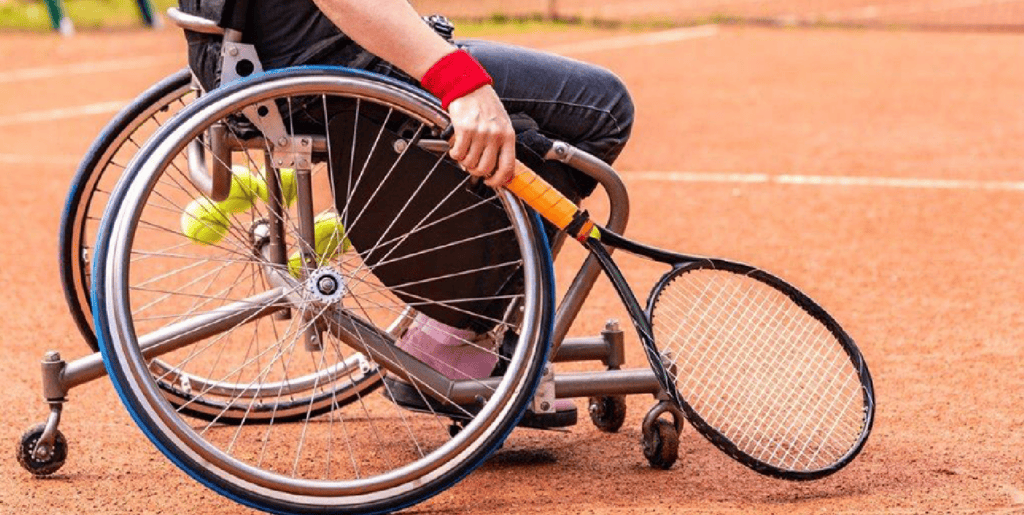PCA Resource zone
Tips For Coaching Athletes With Disabilities

This is a collaborative resource developed in partnership with All in Sport Consulting and USA Adapted Powerlifting.
Creating an inclusive, supportive sports culture starts with planning and intention. Positive coaches who want to get the most out of their athletes as competitors while helping them develop life skills should prioritize creating a team environment where all athletes feel they belong, are valued, and are safe. Setting up an athlete with disabilities for success starts with gaining understanding and awareness to ensure they have a positive experience. The following considerations will help you set up your athletes for success:
1. Collaborate with the parent/caregiver, program, and athlete to conduct an initial assessment before the season starts to understand how the athlete’s movement may be affected.
2. Spend time to get to know your athlete; who they are, what they like, etc. beyond the sport. Building a supportive relationship from the start will show them that you care and that you are there to help them have the best experience possible.
3. When addressing the athlete, giving instruction, or in any conversation always use the athlete’s name
and never refer to them as their equipment. IE: someone pick the kid in the wheelchair.
4. Plan drills and games ahead of time and consider how you will include the athlete with a disability in
them. They do not want to just be the score keeper- true inclusion is playing with their peers. This may mean playing an adapted version of a sport so ALL can play.
5. Work with your athlete to define what great performance looks like – each athlete’s performance metric will and should be different and unique to them.
6. Every athlete learns from their mistakes so support the athlete with a disability to learn from their mistakes too.
7. Athletes with disabilities do not need to be handled as if they’re breakable – they want to be treated like you treat every other athlete you coach.
8. Help the athlete with a disability come up with strategies which support their independence.
9. Start the season by creating a positive and motivational team environment so every athlete can feel connected to each other and the team.
10. Reflect on your practices and games. How could you have made the sport more accessible/fun for all of your athletes? Engage your athlete with a disability in a feedback loop so they have an opportunity to share their thoughts and opinions.